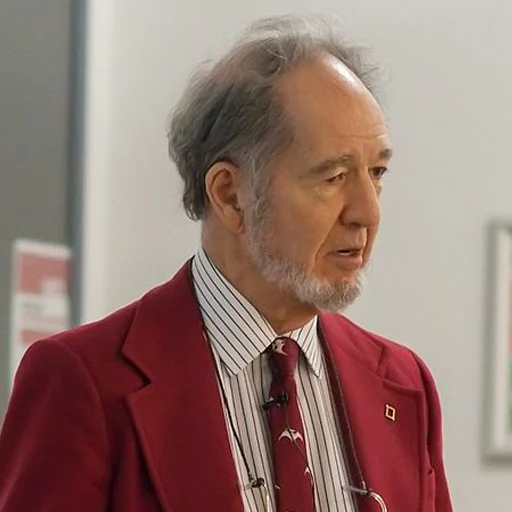He graduated from Harvard University in 1958 and obtained his doctorate in physiology three years later from Cambridge University. It was at UCLA Medical School that he became a professor in his speciality. Jared Diamond then began a second career studying the evolution of birds in New Guinea. After being an ornithologist for several years, he began a third career in his fifties in environmental history and became professor of geography at UCLA until 2019. He also lectured at the “Libera Università Internazionale degli Studi Sociali” in Rome.
The author of numerous publications, he is known for his popular science books and has received several honorary awards for his work, including the Pulitzer Prize for general nonfiction, Japan’s International Cosmos Prize, the National Medal of Science and the Wolf Prize in agriculture.
His first popular book, “The Third Chimpanzee: An Essay on the Evolution and Future of the Human Animal” (1991) describes how humans evolved to be so different from other animals. The book also examines the origins of language, the arts, agriculture, smoking, and drug use.
His book “Guns Germs, and Steel: The Fates of Human Societies” (Pulitzer Prize 1998) explains that it is above all geographical and biogeographical factors that determine the speed of development and alone account for the fact that the currently dominant societies originated in western Eurasia.
In “The World until Yesterday: What can we learn from Traditional Societies?” (2012), Jared Diamond examines what the Western world can learn from traditional societies. Among the issues addressed are the sharing of space, the resolution of disputes, child education, the treatment of the elderly and danger management. Finally, “Collapse: How Societies choose to fail or succeed” (2019), explores whether nations can learn from a crisis in the same way that individuals can. In his view, the complexity of the factors affecting our societies means that there is nothing inevitable about the accelerated pace of global environmental degradation.
